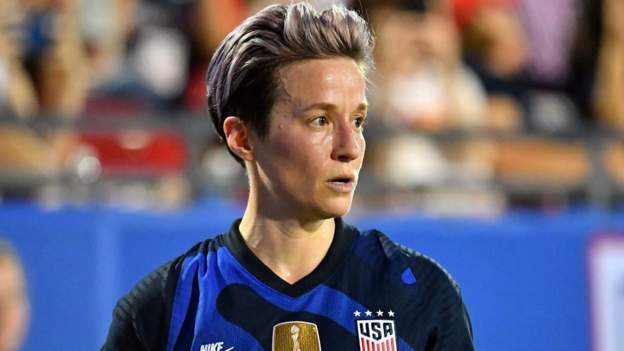Abraxium
I have a question for a broad audience, that is, anyone who follows feminist ideas. (Broad ideology too with lots of interpretations)
What I notice very often from outspoken promoters of the movement, regardless of what their interpretation is, is the inability to successfully illustrate their ideas with aid of theoretical concepts to a wider audience. By this I don't mean that diluting the ideas will serve to the movement's benefit, moreso that the listener would feel at a disadvantage when they get the perception that playing by your rulebook won't in any way benefit them, let alone worth starting a debate over when there is a perceived accusatory tone against them. For the sake of analogy ; A person has posted an ad for selling their car, it's been up for quite some time and no serious offers have been made yet. You are in the market for just the type and have saved up money for its current asking price of 7500. You call the seller and agree to meet, once there you are adequately pleased with the car's condition and mileage. The two of you haggle back and forth without a mutual agreement, finally, you say ; "Ok, let's flip a coin. I shall buy it from you for 6500 for tails or his lowest asking price for heads." The seller rejects your offer, why would he go so low if there is nothing in it for him? There is however a hidden pro to this deal, he is able to get rid of his car which until now has proved unsellable for such a long time. He also does not need to tax and insure the car for the year. Similarly, I feel that a lot of people who reject the movement feel that they have nothing to gain from admitting to the existence of something like male privilege. They do, in as that the macho culture will eventually disappear by popular understanding, allowing more men to be themselves and avoid the social stigma placed upon them should they not follow it. It should be noted that this isn't exclusively upheld by males but also females with a warped view of what a real man should be like. Some opposing debaters might dismiss this out of hand by the fact that women are not forced into military service, et cetera.
My question is ultimately, what is your opinion of gaining followers of the movement? Arguing in a way that is more palatable to a larger group of people, regardless of demographics, with less focus placed on theoretical concepts and according to the opposition "blaming", which might allow for a more gradual shift in thinking? Or staying as is and hope that promoters of the movement will gain political roles and are able to further their ideas from there?
What I notice very often from outspoken promoters of the movement, regardless of what their interpretation is, is the inability to successfully illustrate their ideas with aid of theoretical concepts to a wider audience. By this I don't mean that diluting the ideas will serve to the movement's benefit, moreso that the listener would feel at a disadvantage when they get the perception that playing by your rulebook won't in any way benefit them, let alone worth starting a debate over when there is a perceived accusatory tone against them. For the sake of analogy ; A person has posted an ad for selling their car, it's been up for quite some time and no serious offers have been made yet. You are in the market for just the type and have saved up money for its current asking price of 7500. You call the seller and agree to meet, once there you are adequately pleased with the car's condition and mileage. The two of you haggle back and forth without a mutual agreement, finally, you say ; "Ok, let's flip a coin. I shall buy it from you for 6500 for tails or his lowest asking price for heads." The seller rejects your offer, why would he go so low if there is nothing in it for him? There is however a hidden pro to this deal, he is able to get rid of his car which until now has proved unsellable for such a long time. He also does not need to tax and insure the car for the year. Similarly, I feel that a lot of people who reject the movement feel that they have nothing to gain from admitting to the existence of something like male privilege. They do, in as that the macho culture will eventually disappear by popular understanding, allowing more men to be themselves and avoid the social stigma placed upon them should they not follow it. It should be noted that this isn't exclusively upheld by males but also females with a warped view of what a real man should be like. Some opposing debaters might dismiss this out of hand by the fact that women are not forced into military service, et cetera.
My question is ultimately, what is your opinion of gaining followers of the movement? Arguing in a way that is more palatable to a larger group of people, regardless of demographics, with less focus placed on theoretical concepts and according to the opposition "blaming", which might allow for a more gradual shift in thinking? Or staying as is and hope that promoters of the movement will gain political roles and are able to further their ideas from there?















